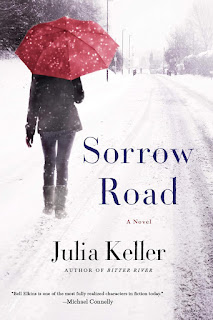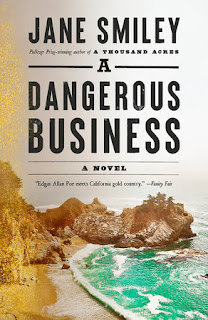Villains have families, too. That's not something we often think about. When villains die in movies, it doesn't occur to us that they must have had someone who loved them. And it is much the same way with real-life villains.
This thought led Karen Joy Fowler to write her excellent 2022 novel Booth about not John Wilkes Booth but rather his family.Fowler tells her story through the eyes of various members of the Booth family, but never John Wilkes, the handsome, unpredictable younger brother. It is Edwin, an older son in a family of actors, who becomes the family's central figure. It is he, not Junius or John, who matches their father's greatness on the stage.
It turns out that their father and mother had never actually married. It's a shock to all when his actual wife arrives from England and begins making demands. Then there is his alcoholism, a trait passed down to his elder sons. The daughters — Rosalie, the plain one, and Asia, the beauty — also feature prominently in the novel.
Although the Booths have slaves — set free but still working for the family — their sympathies lie with the North when war breaks out. That is, except for John, who has lived in Richmond, and Joe, an even younger brother, who was notable for being a deserter from both armies.
The assassination of Abraham Lincoln comes as as much of a shock to the Booths as to anyone else, and they all pay the price of notoriety. Edwin's acting career tanks; Junius spends time in prison for the crime of being John's brother.
At times you don't know whether you are reading fiction or history, and this uncertainty seems to be deliberate on Fowler's part. Little is actually known about Rosalie, one of the best drawn characters, and so she is almost entirely fictional. Others left letters or are mentioned more in historical records, and so their stories read more like history. All in all, it makes for an impressive book, not as good as some of Fowler's other novels, yet better than many books written by historians about this tragedy.






